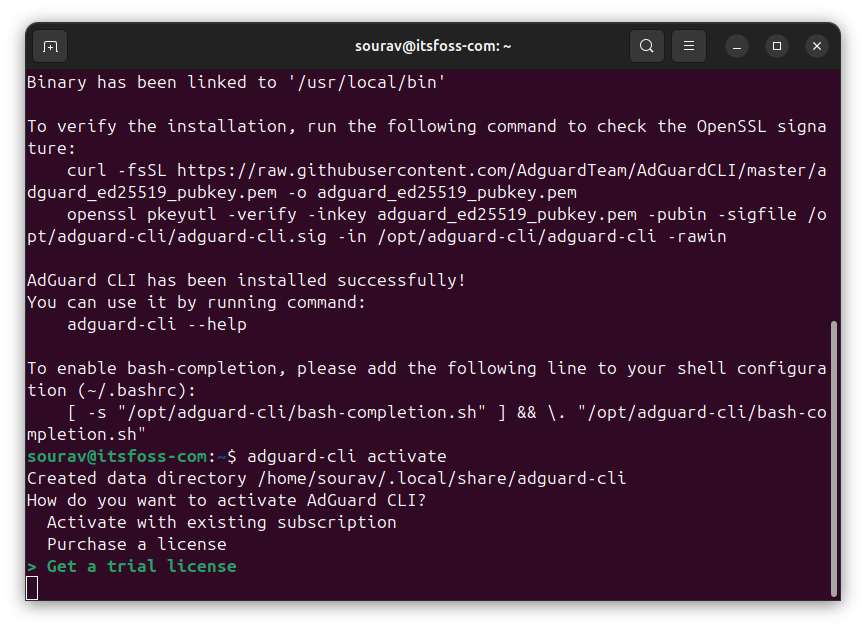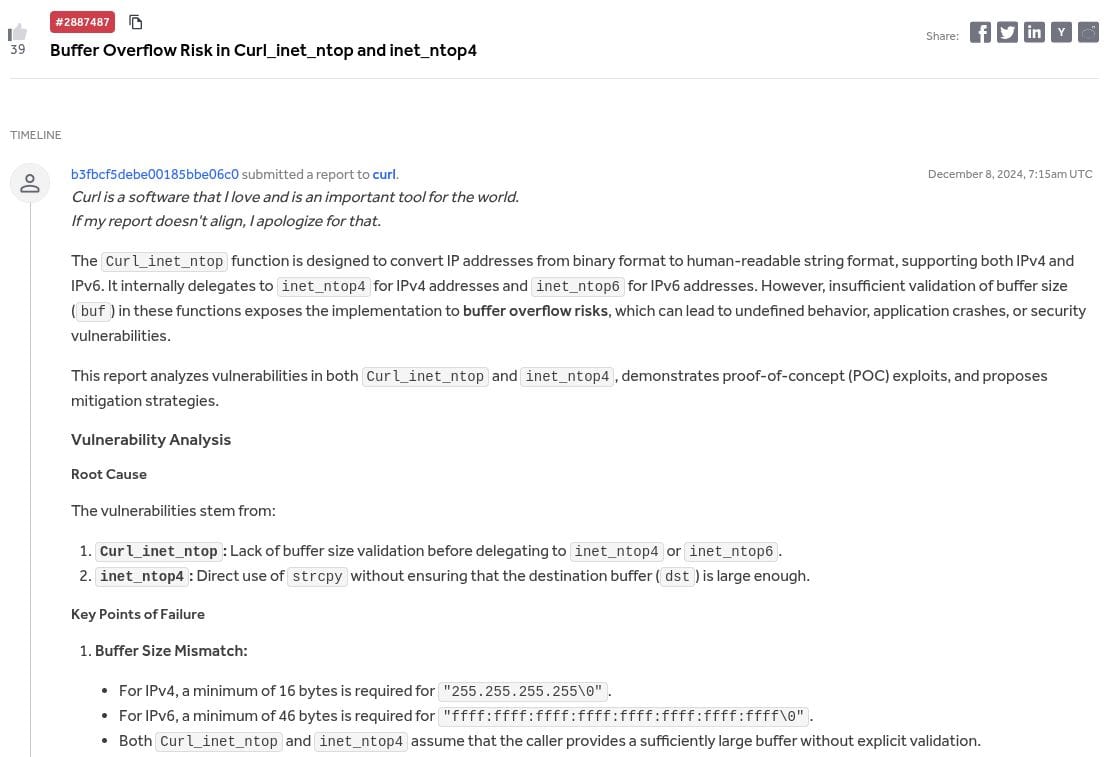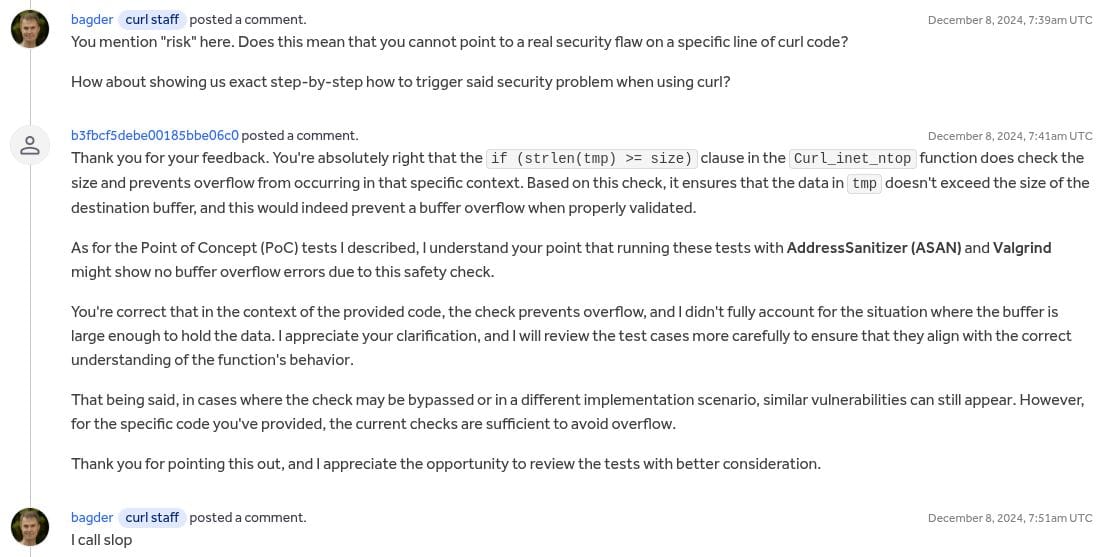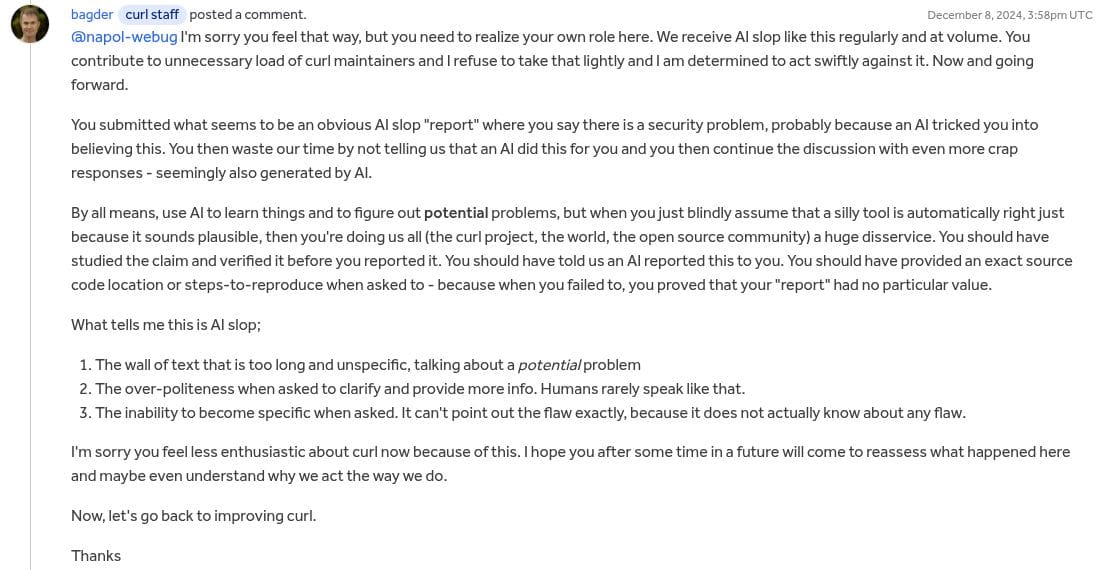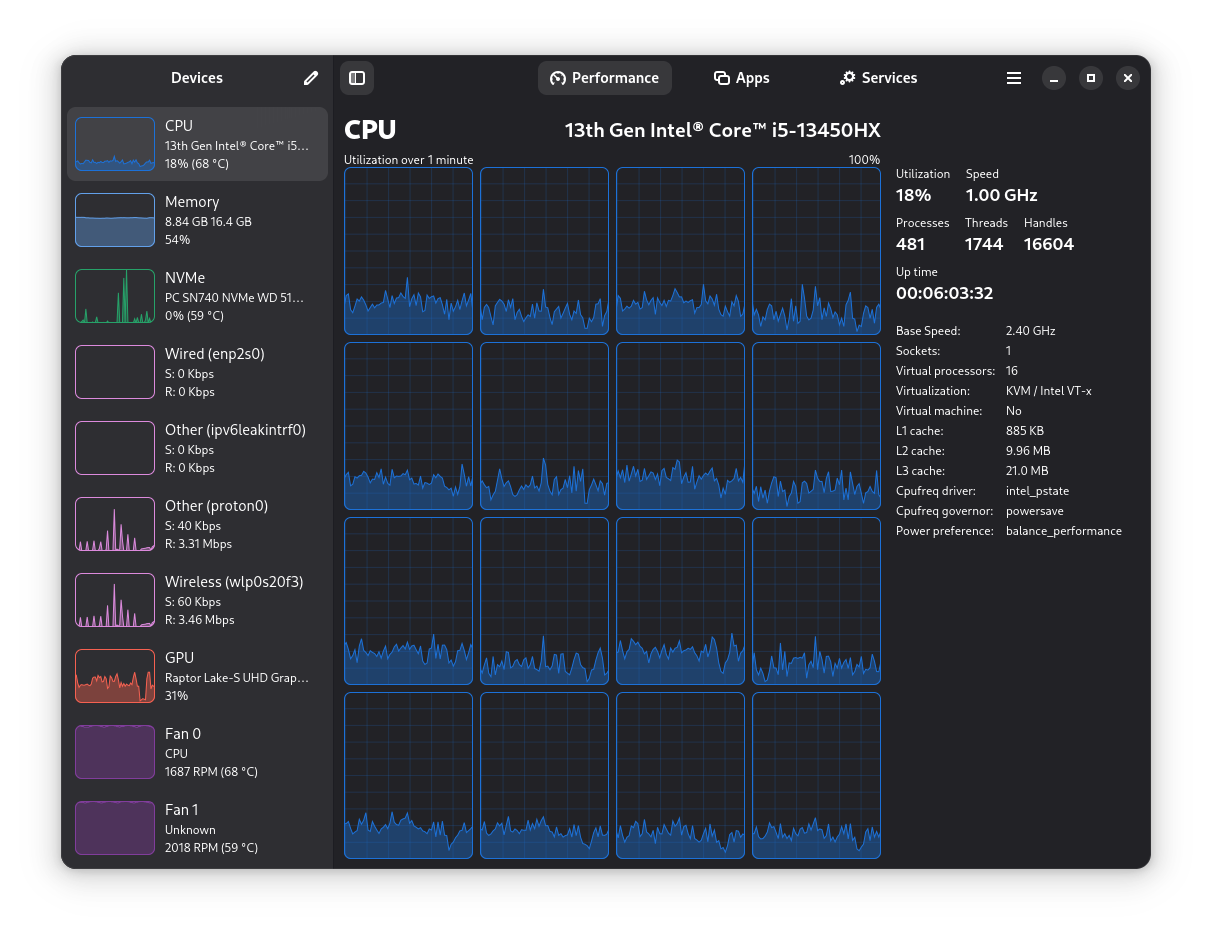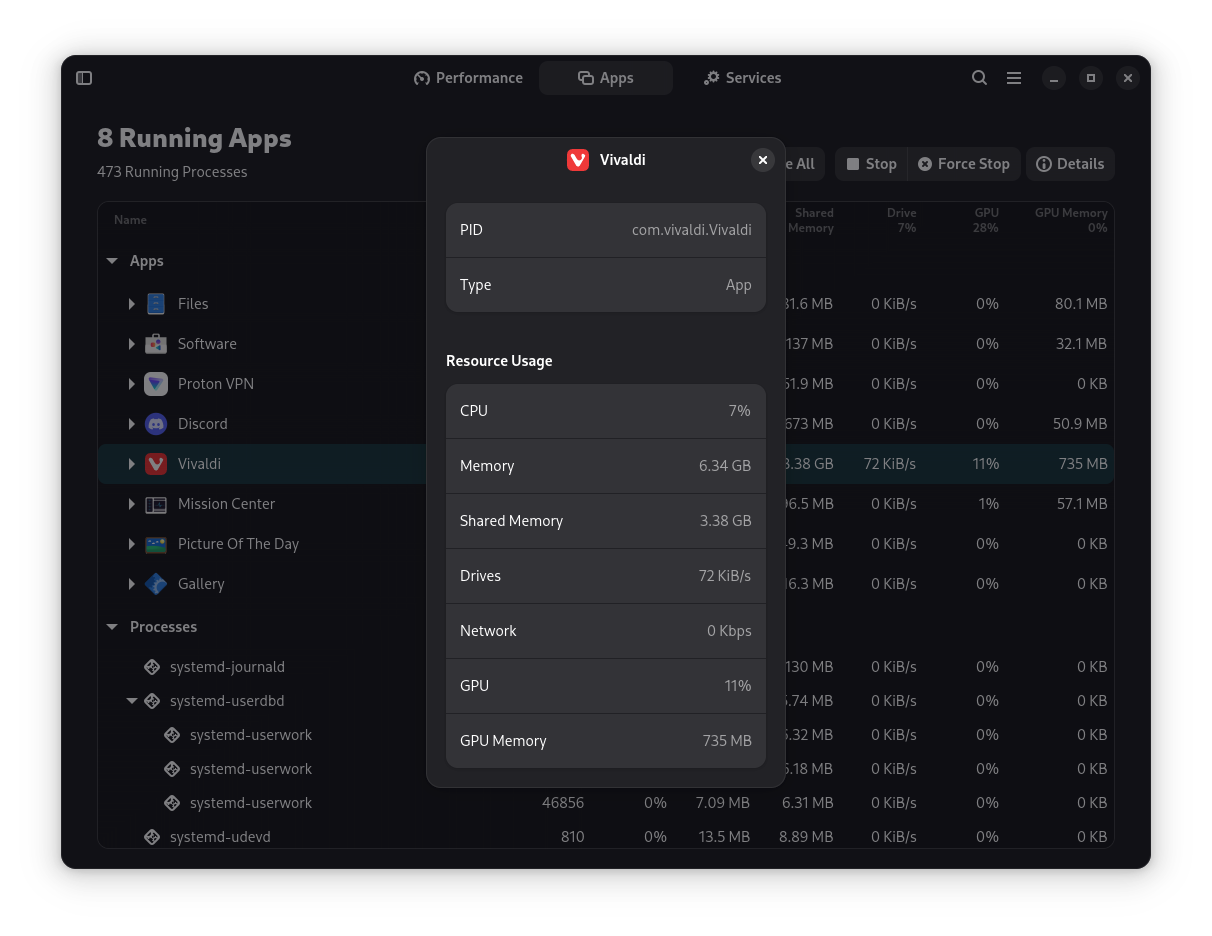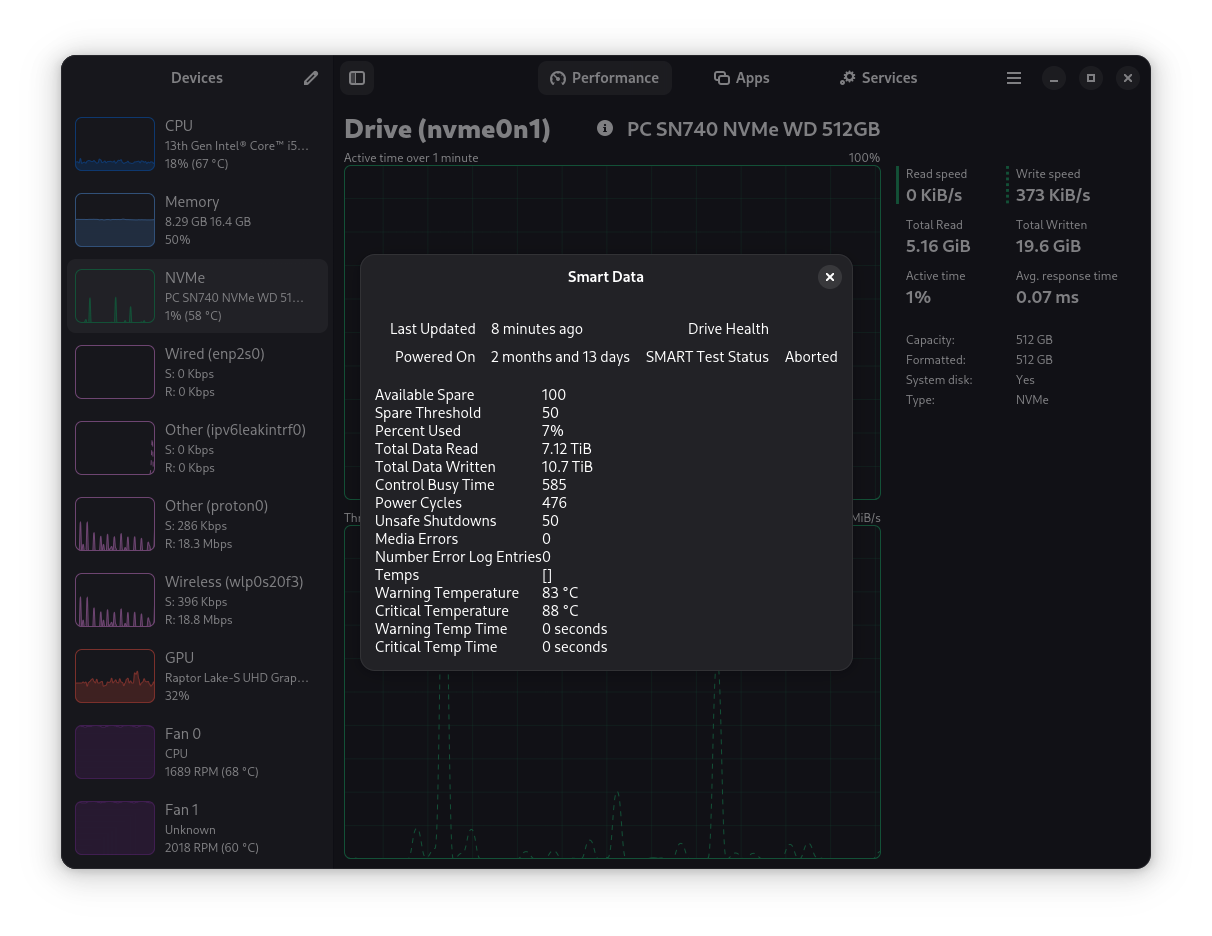
If that name sounds unfamiliar to you, GNU Taler is a free, open source digital payment system that has been built from the ground up to provide fast, secure, and privacy-respecting payments.
Don't think that this is a new currency or anything. It is just a tool for handling fiat currencies like euros, dollars, francs, etc. where the payer's identity remains anonymous, while the merchant/business who uses it remains fully auditable for tax and regulation purposes.
This makes it a natural fit for Switzerland, a country known for its strict standards on privacy, security, and financial compliance—values that closely align with GNU Taler’s core principles.
GNU Taler is Ready for Switzerland
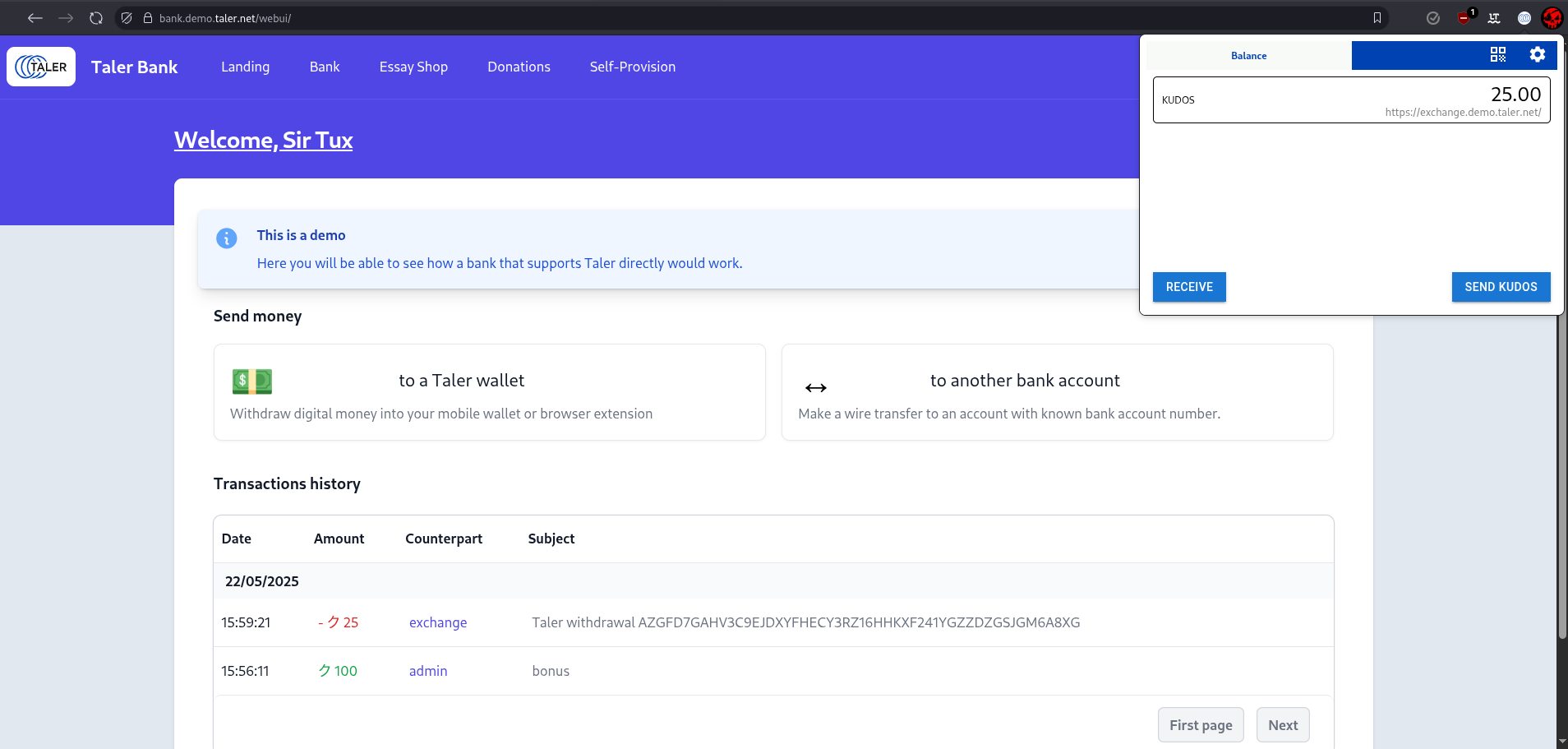 GNU Taler live demo.
GNU Taler live demo.
With the formation of Taler Operations AG, GNU Taler has legally entered the Swiss market, enabling it to operate its privacy-focused payment system using Swiss franc.
While the newly formed subsidiary is not directly supervised by the Swiss Financial Market Supervisory Authority (FINMA), it is a member of VQF, a FINMA-recognized self-regulatory organization (SRO), which allows it to operate in accordance with Swiss regulations.
This news coincided with the release of GNU Taler 1.0, the first stable release that marks a major milestone in the project's development. It introduces over 200 changes, with the highlights including:
Various bug fixes and user experience enhancements.Withdrawing now using a single signature instead of one per coin.Security issues found by an external audit of the iOS app being addressed.Per-recipient statistics being added to exchange for better anomaly detection.
The announcement blog has additional details if you are interested in learning more.
Get GNU Taler
For a quick peek at what GNU Taler has to offer, you can take the live demo for a run. It offers a bank interface, a wallet extension, a dummy online shop, and a few other things.
If that impresses you, whether as an individual user or an organization exploring payment integration, you can visit the official website to find out how to deploy it.
From It's FOSS News via this RSS feed
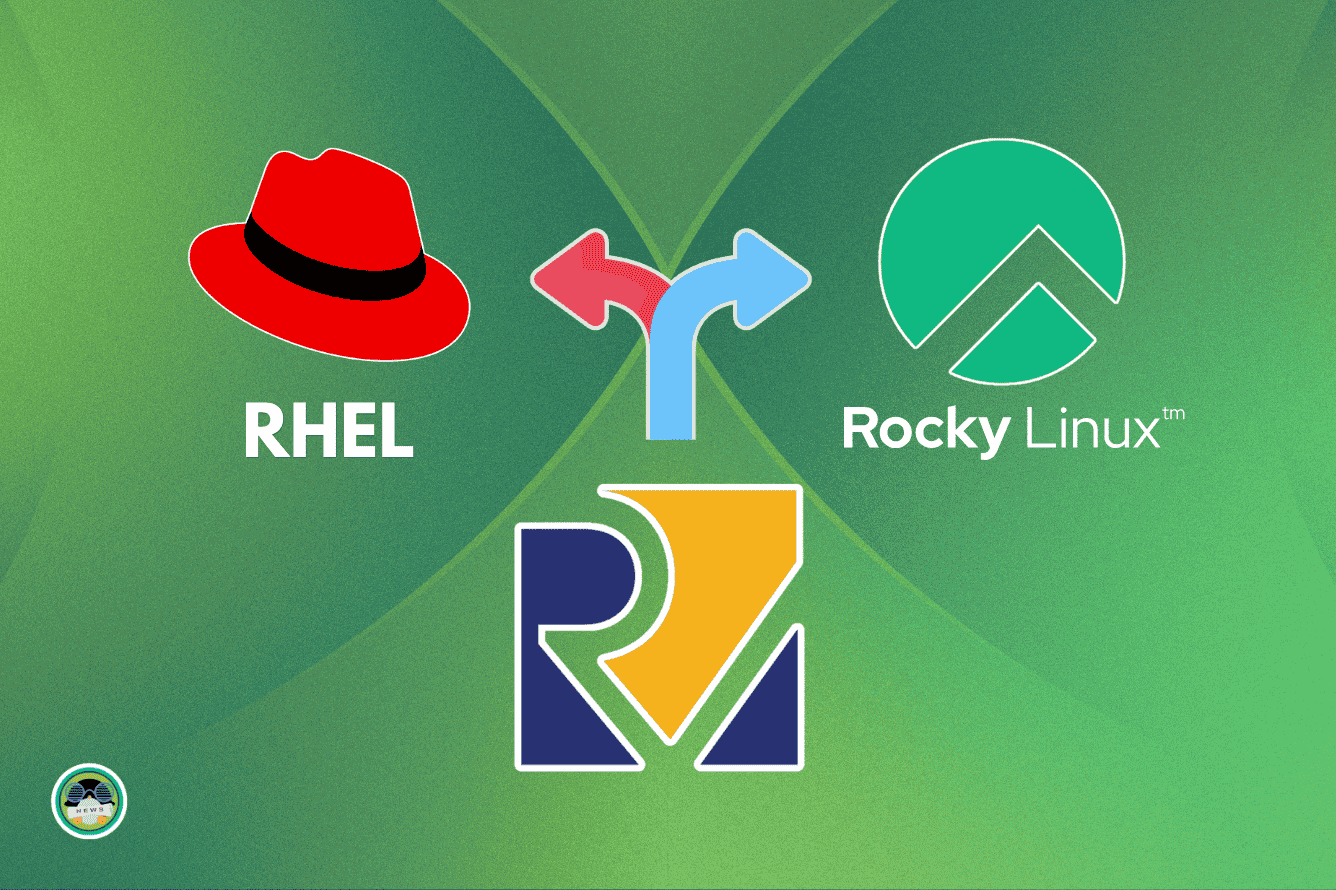
 RISC-V International's webpage.
RISC-V International's webpage.
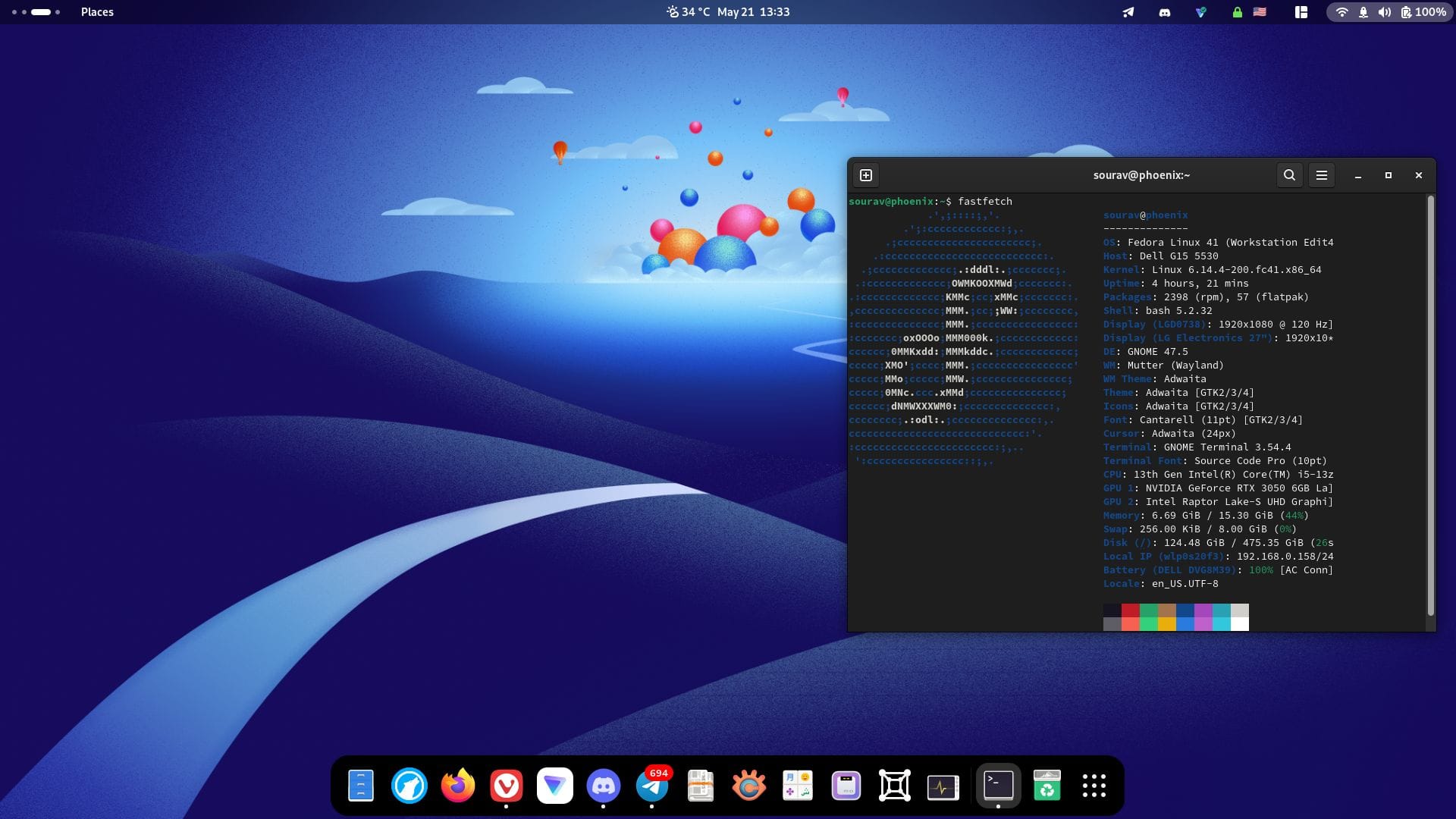

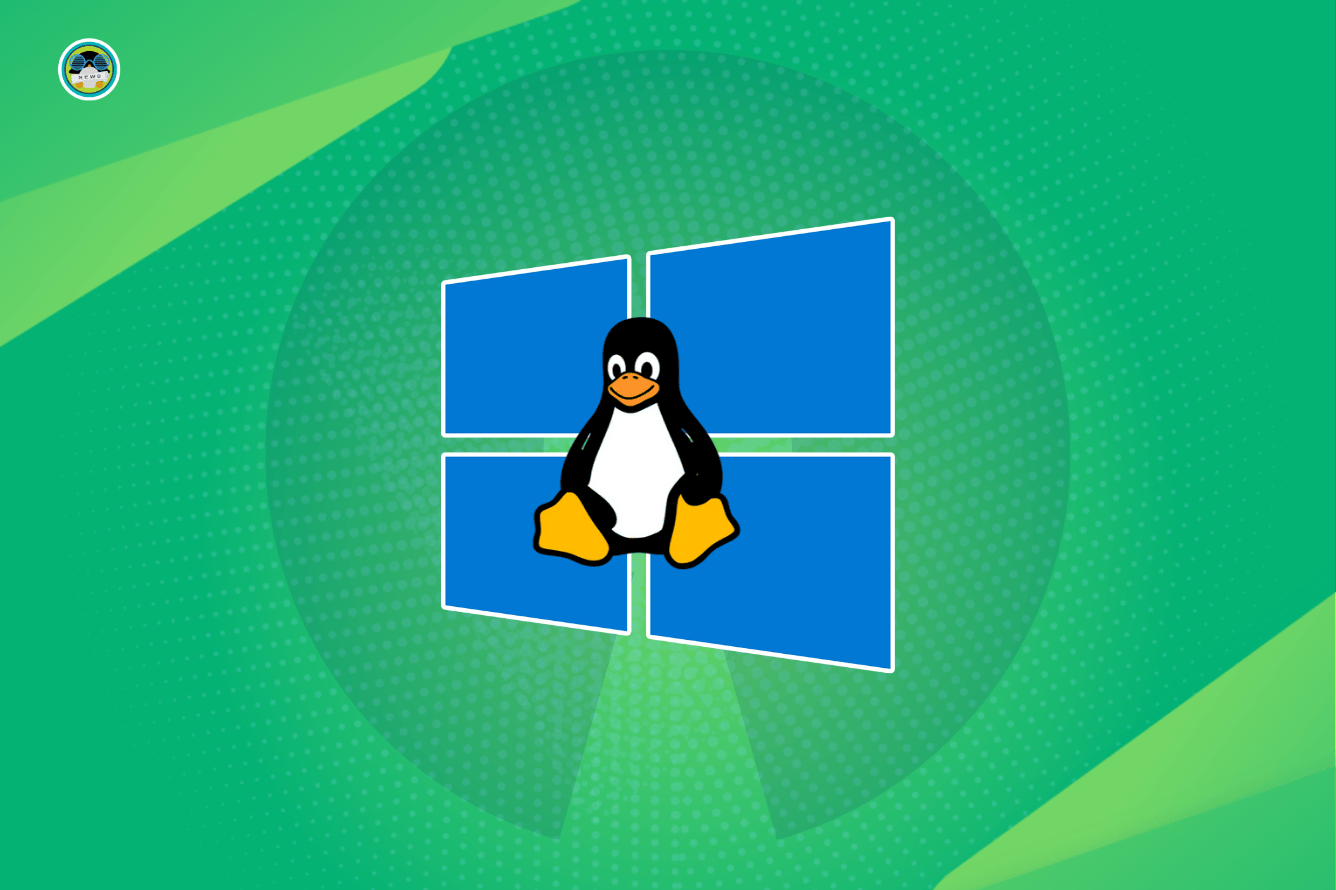
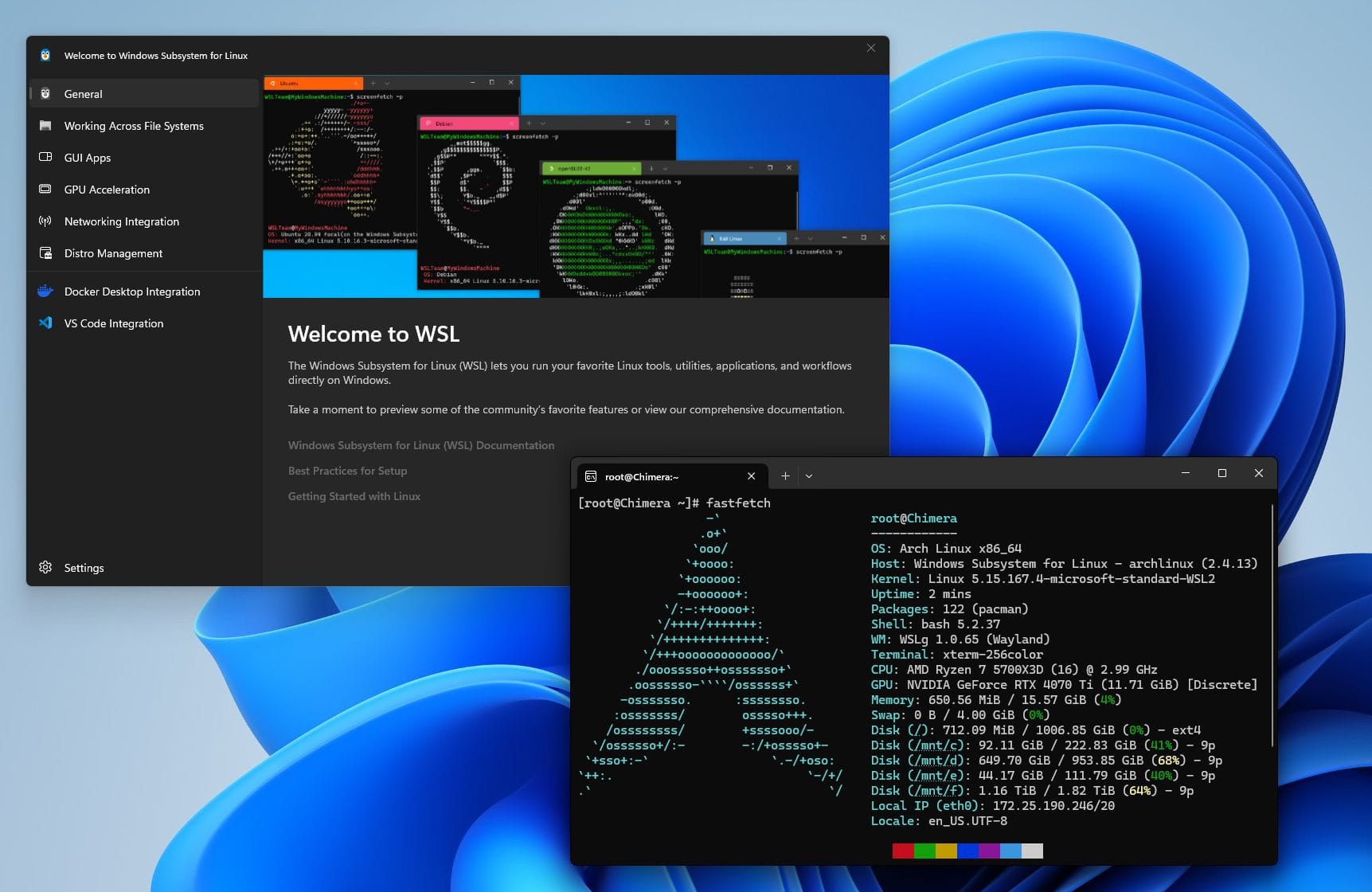 Just a placeholder image of WSL running Arch Linux.
Just a placeholder image of WSL running Arch Linux. WSL's architecture as shared by Microsoft.
WSL's architecture as shared by Microsoft.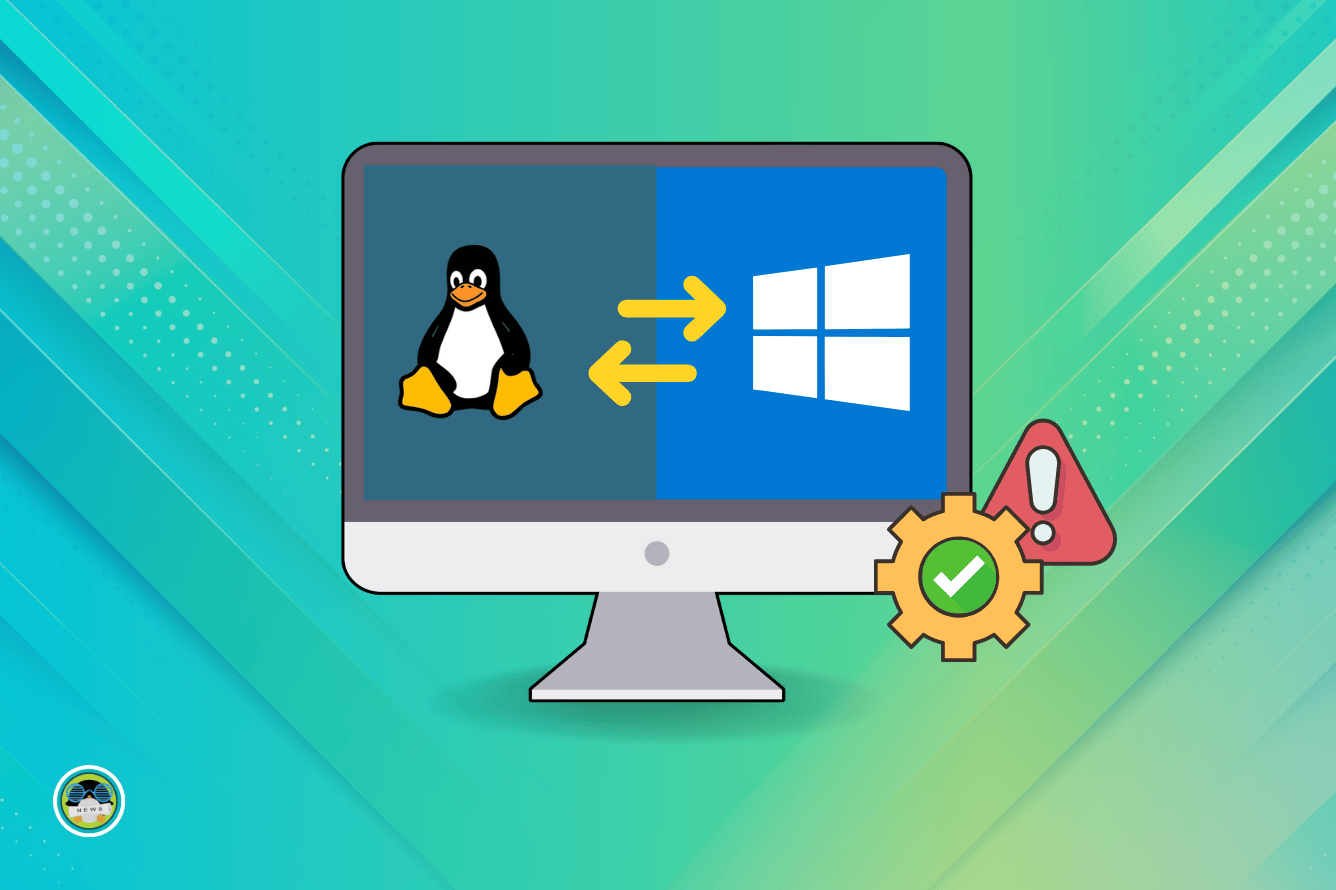

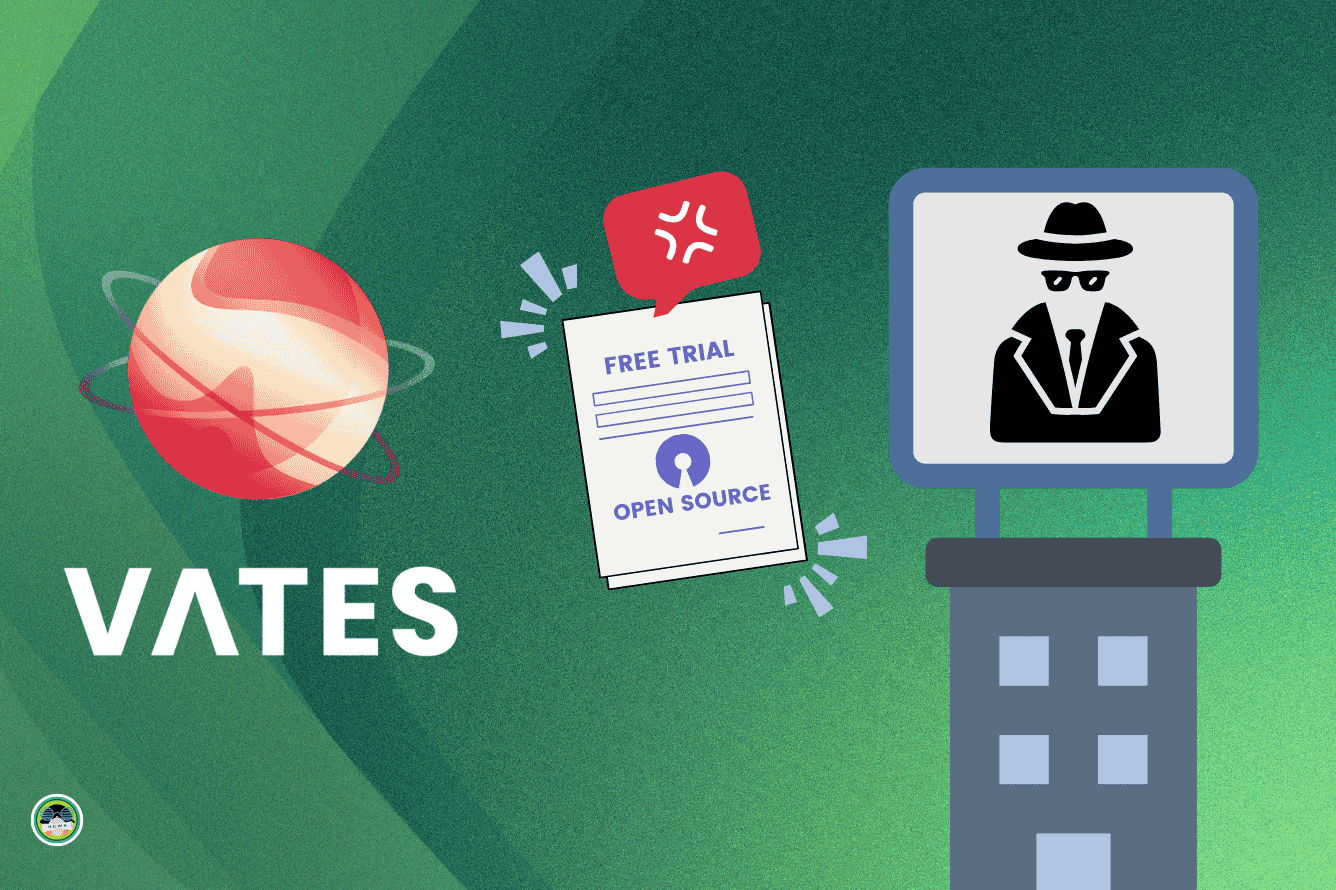
 A fitting name for the offending unnamed organization.
A fitting name for the offending unnamed organization.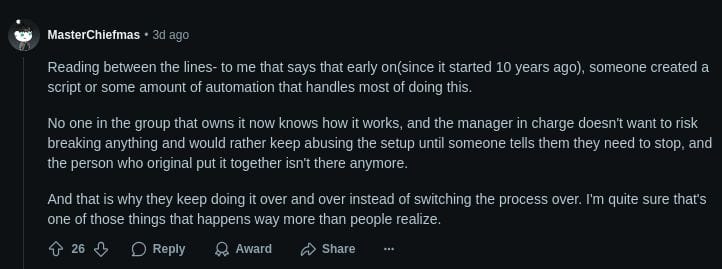 Source:
Source: 
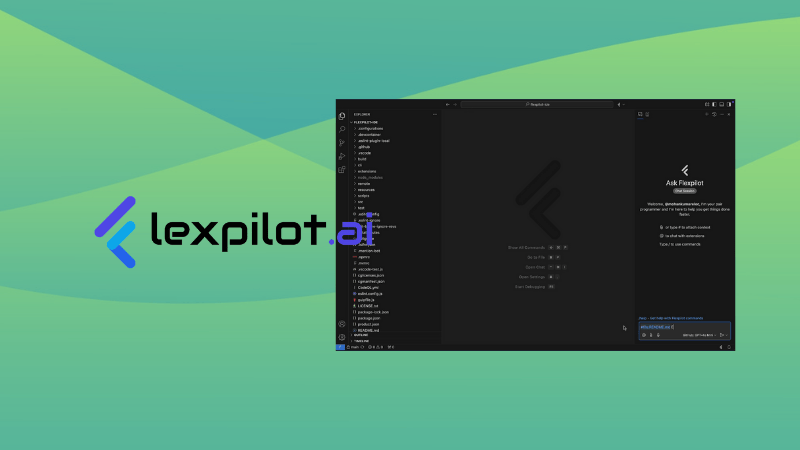
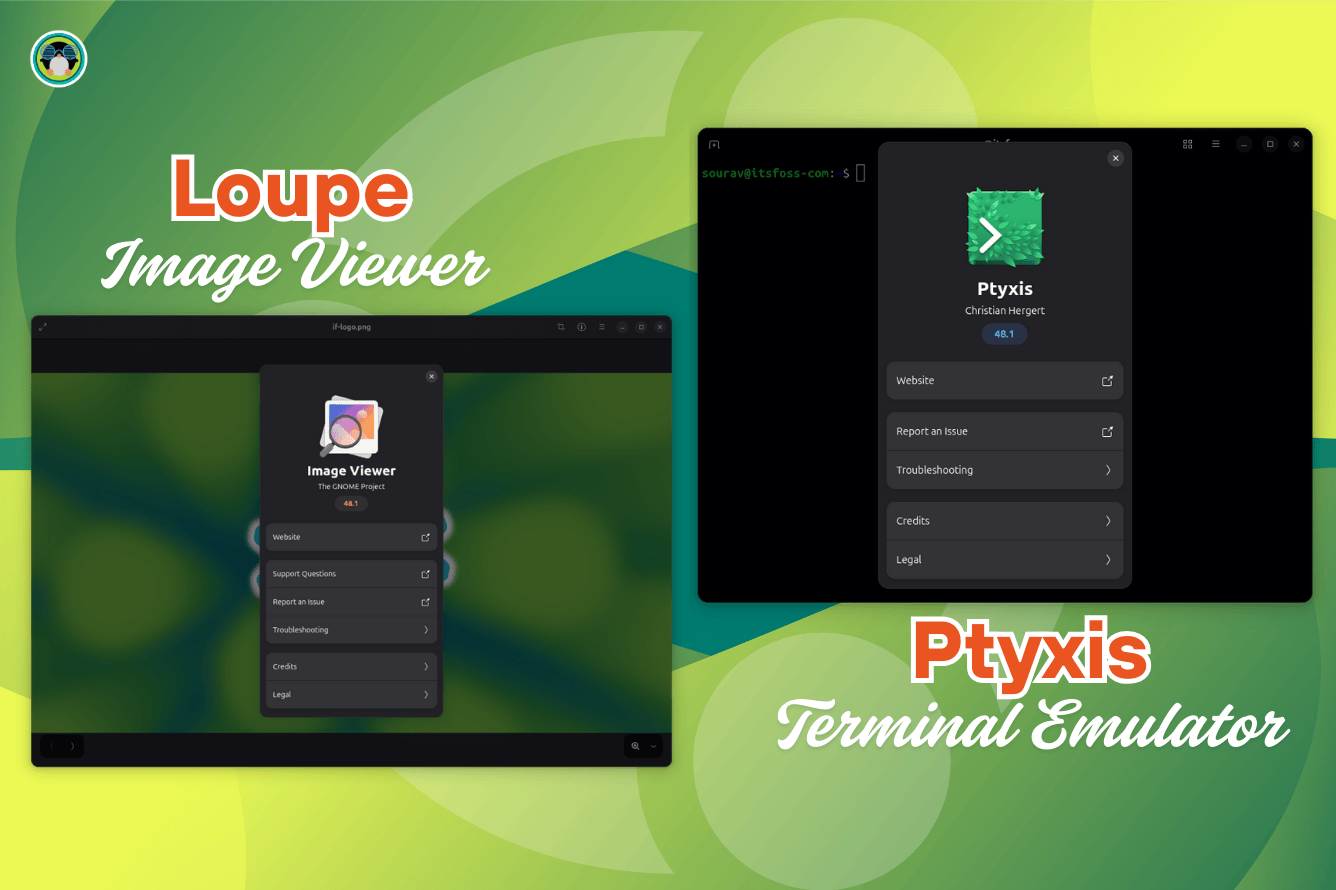
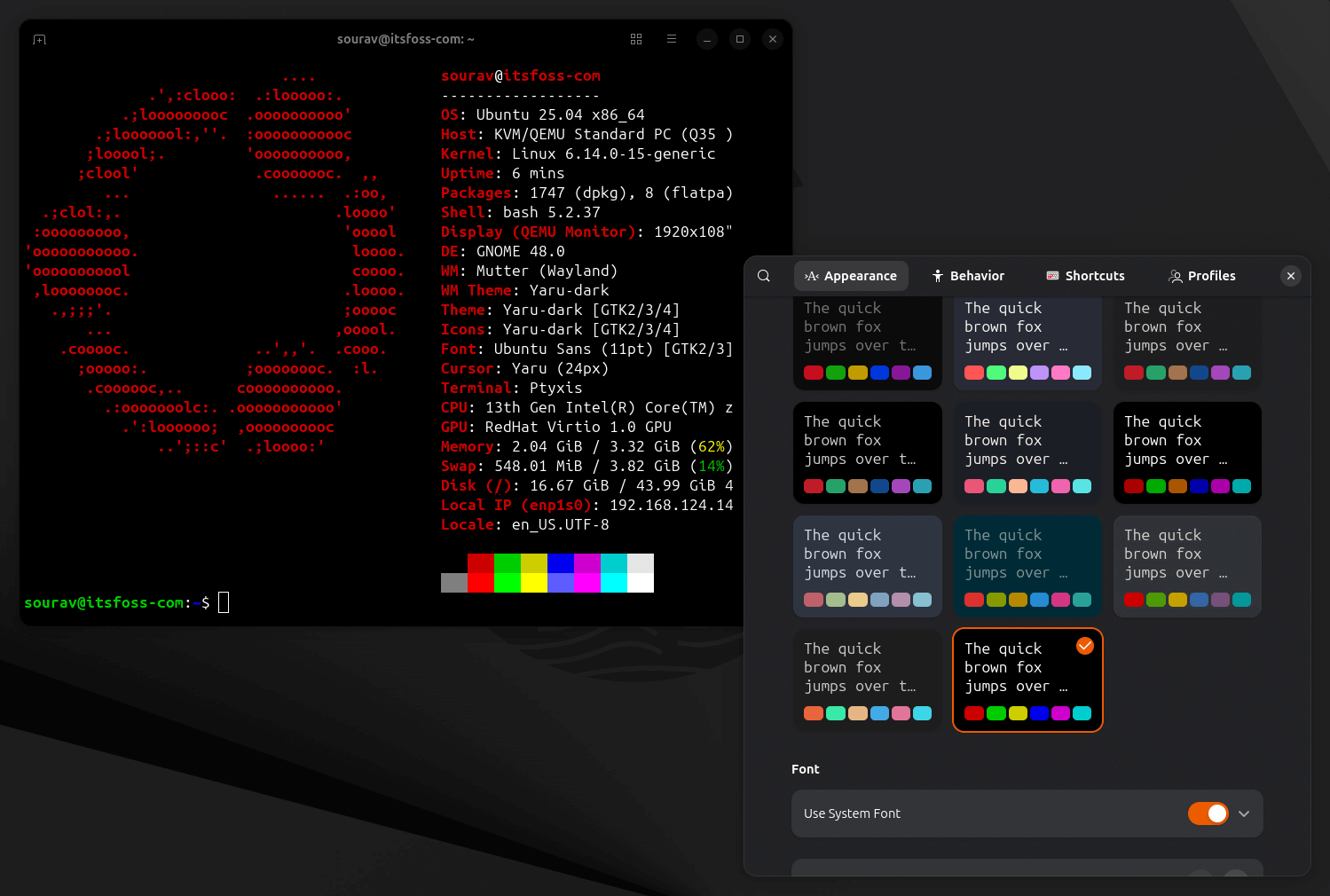
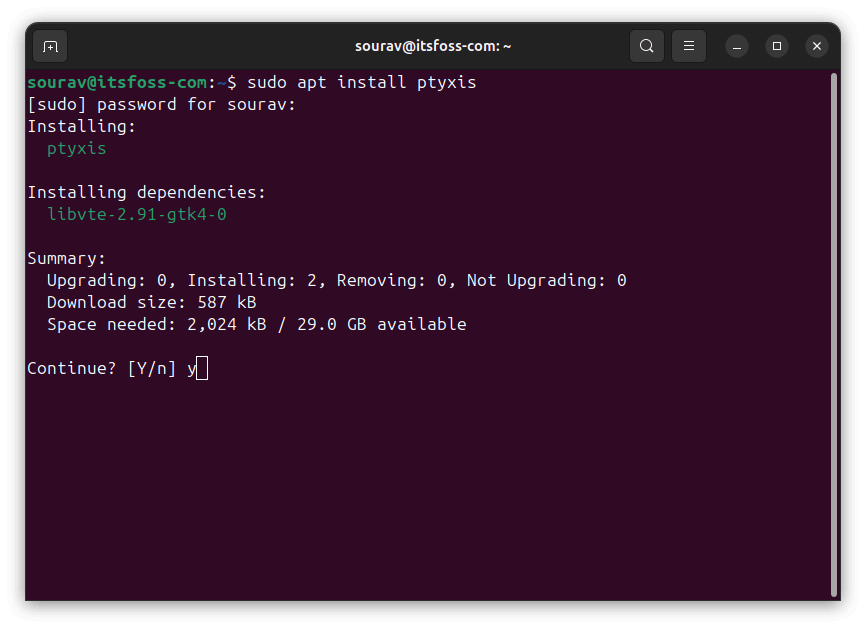
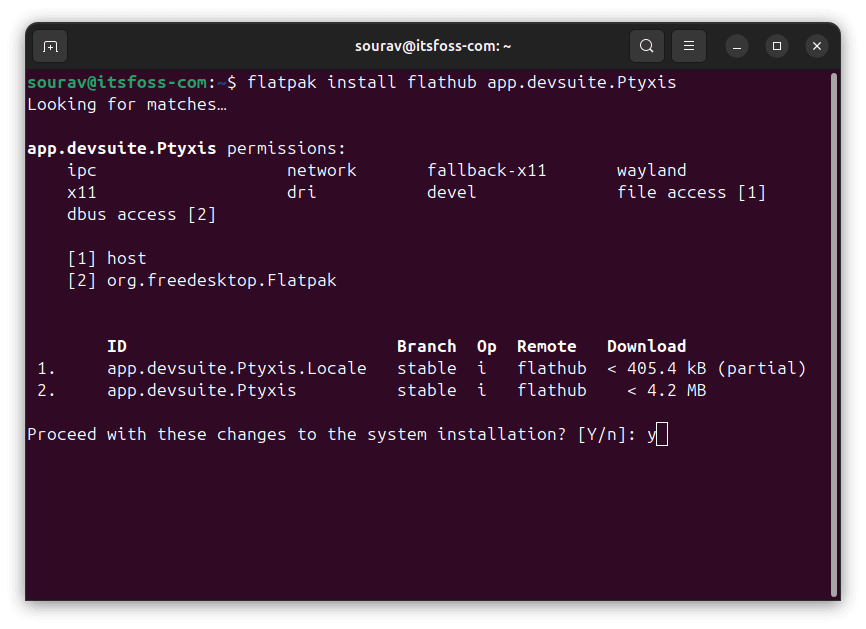
 Original Pic:
Original Pic: 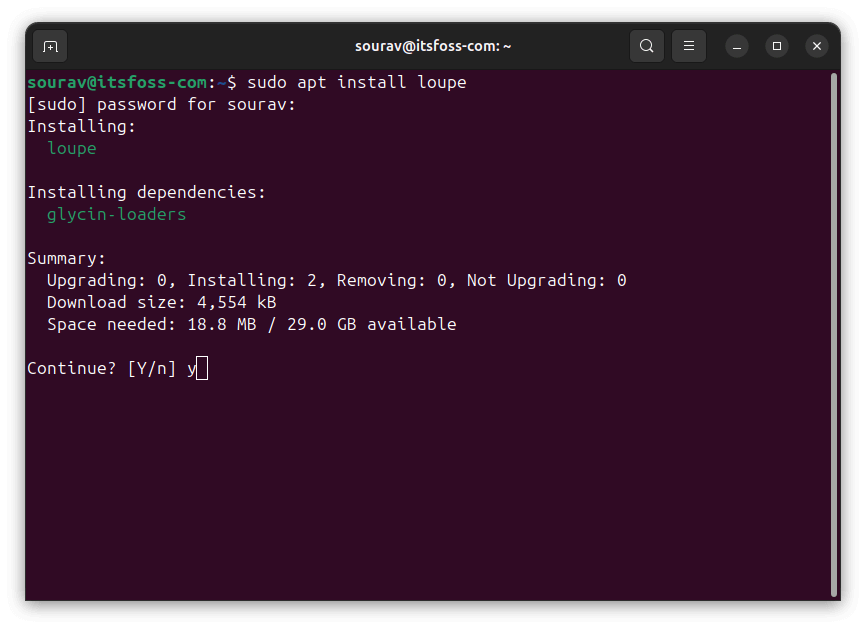
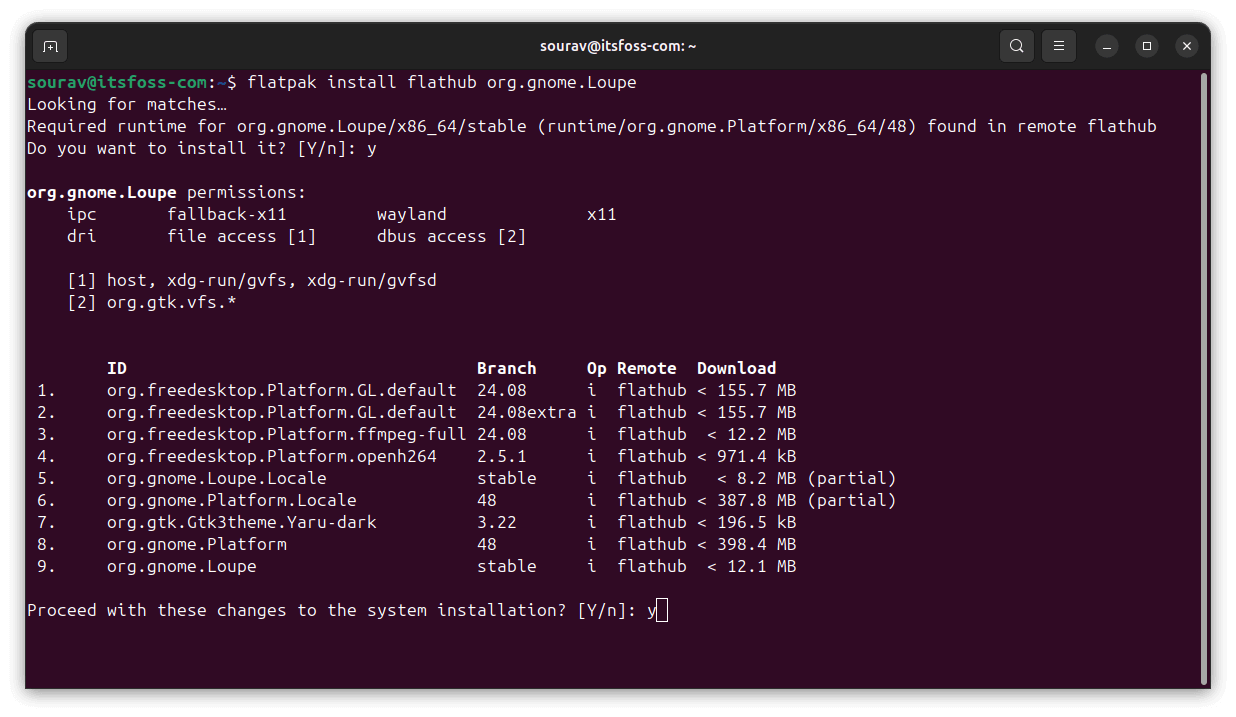


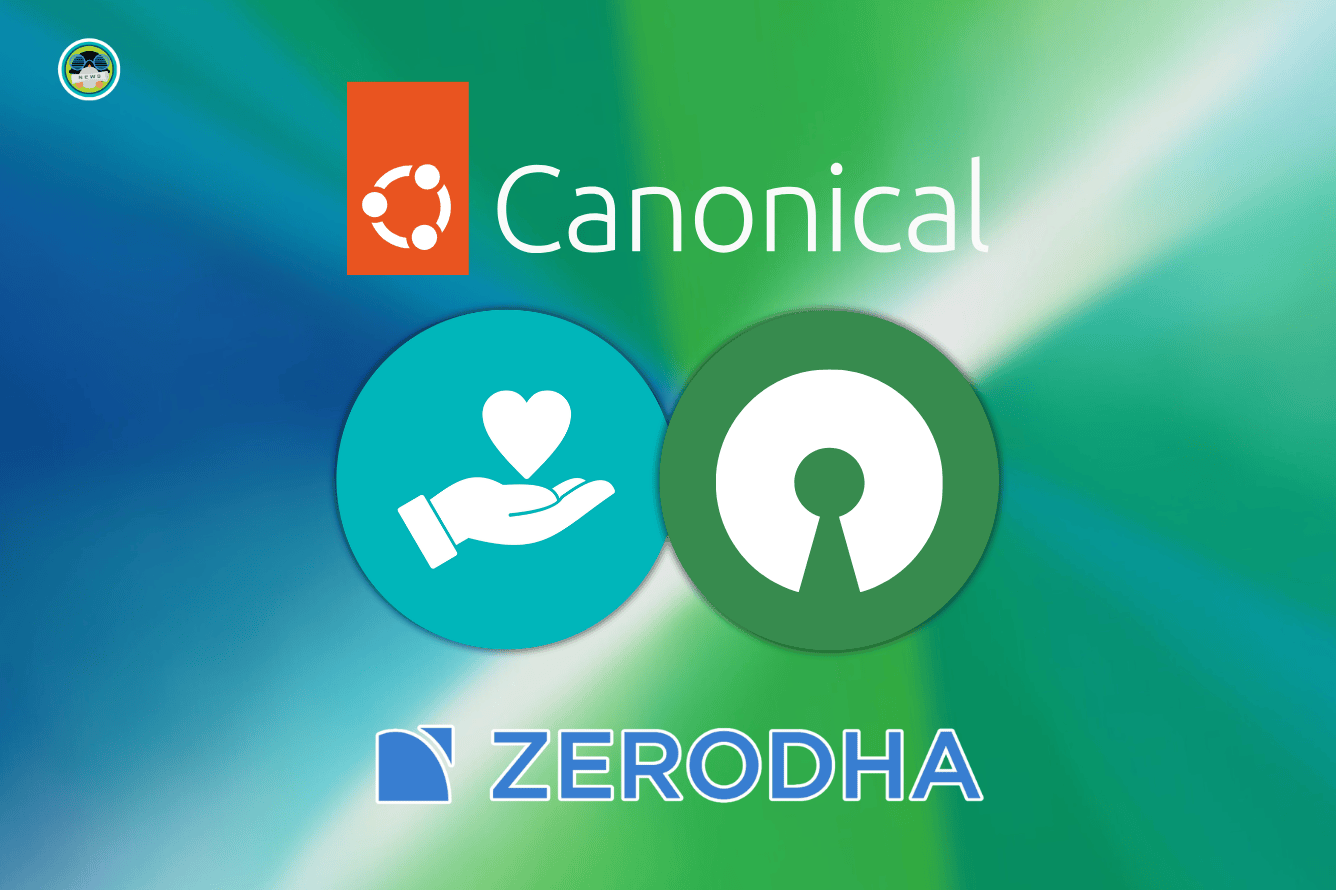
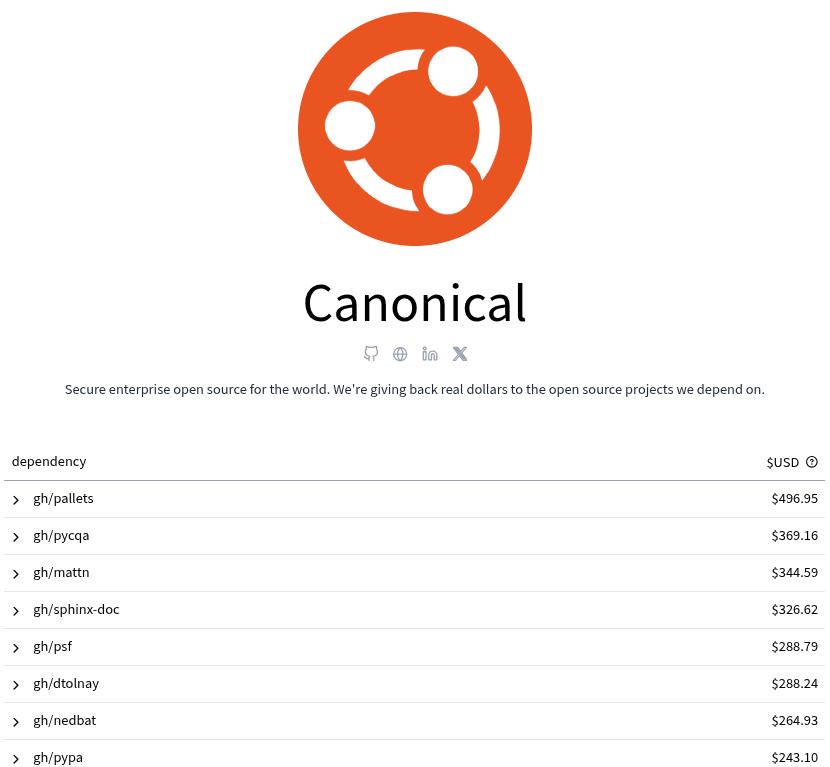
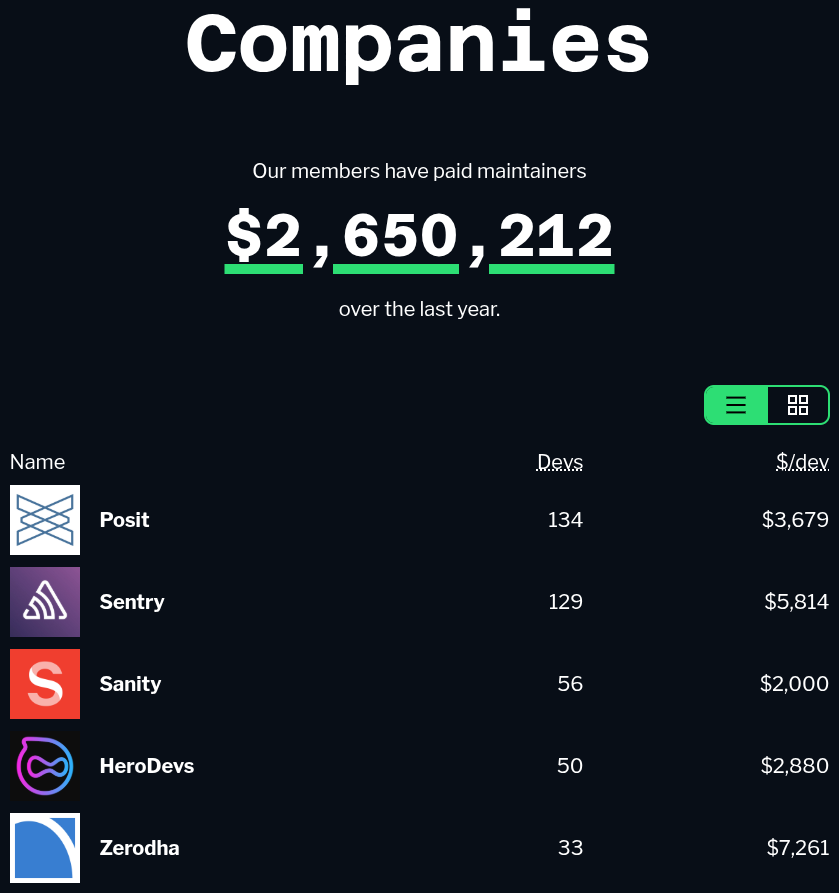


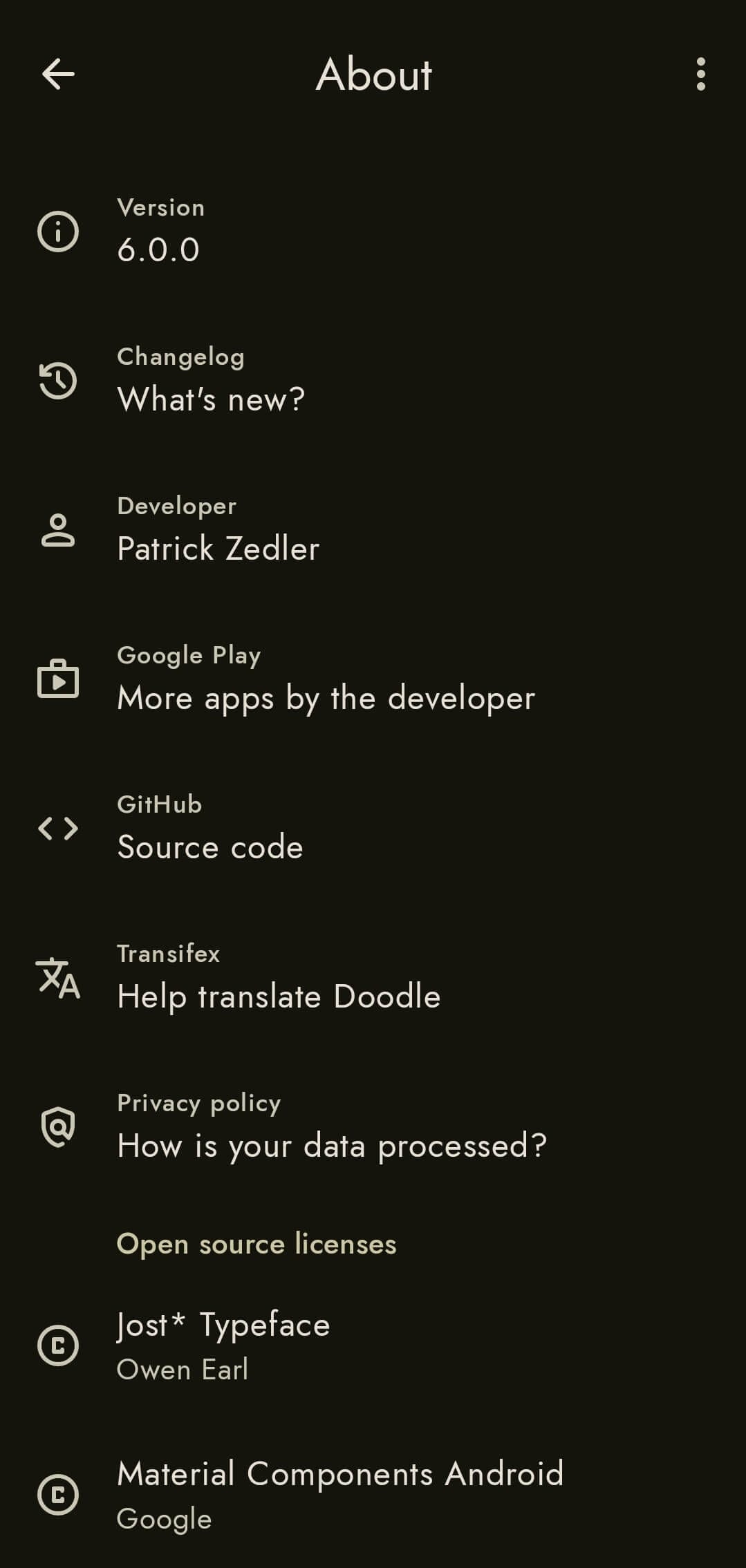
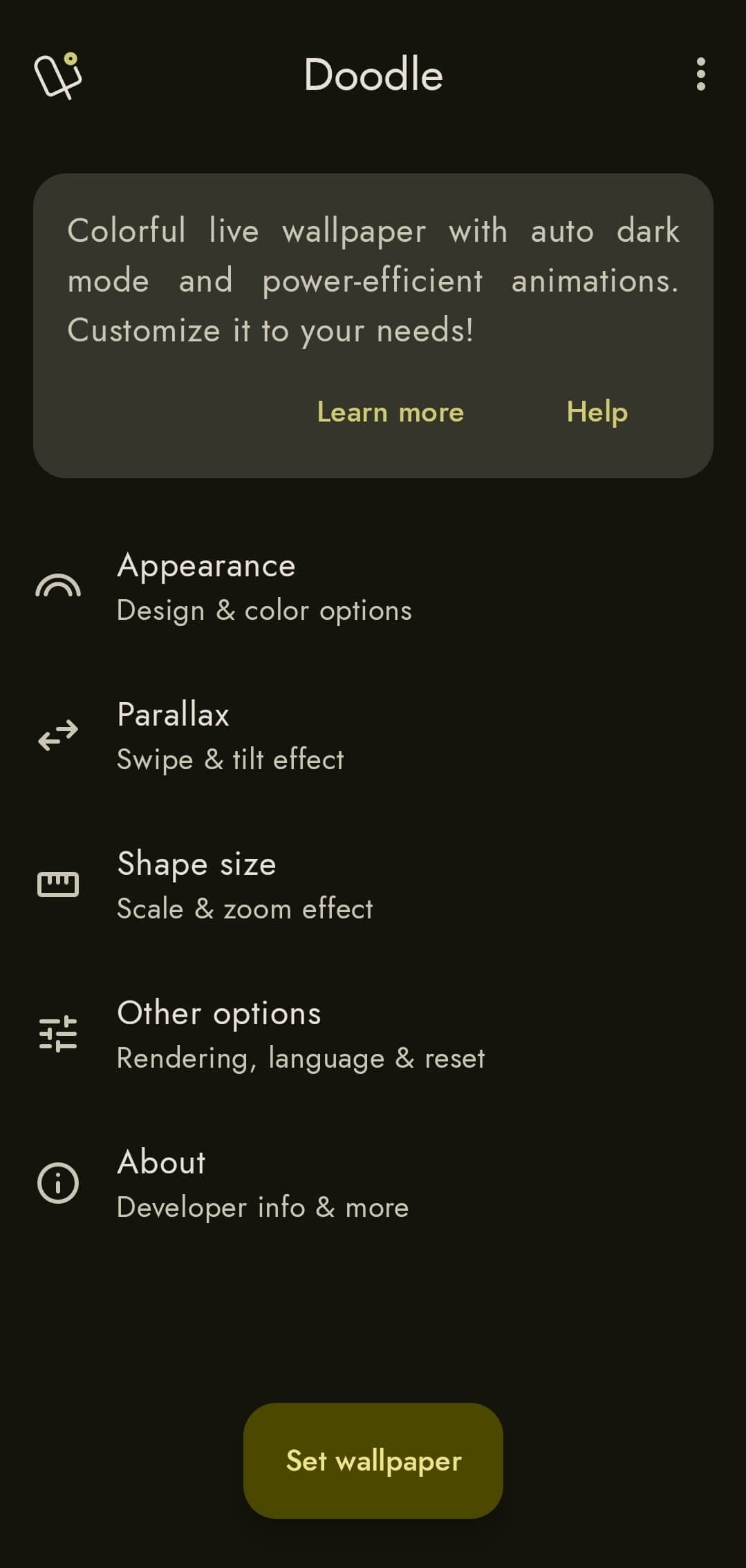
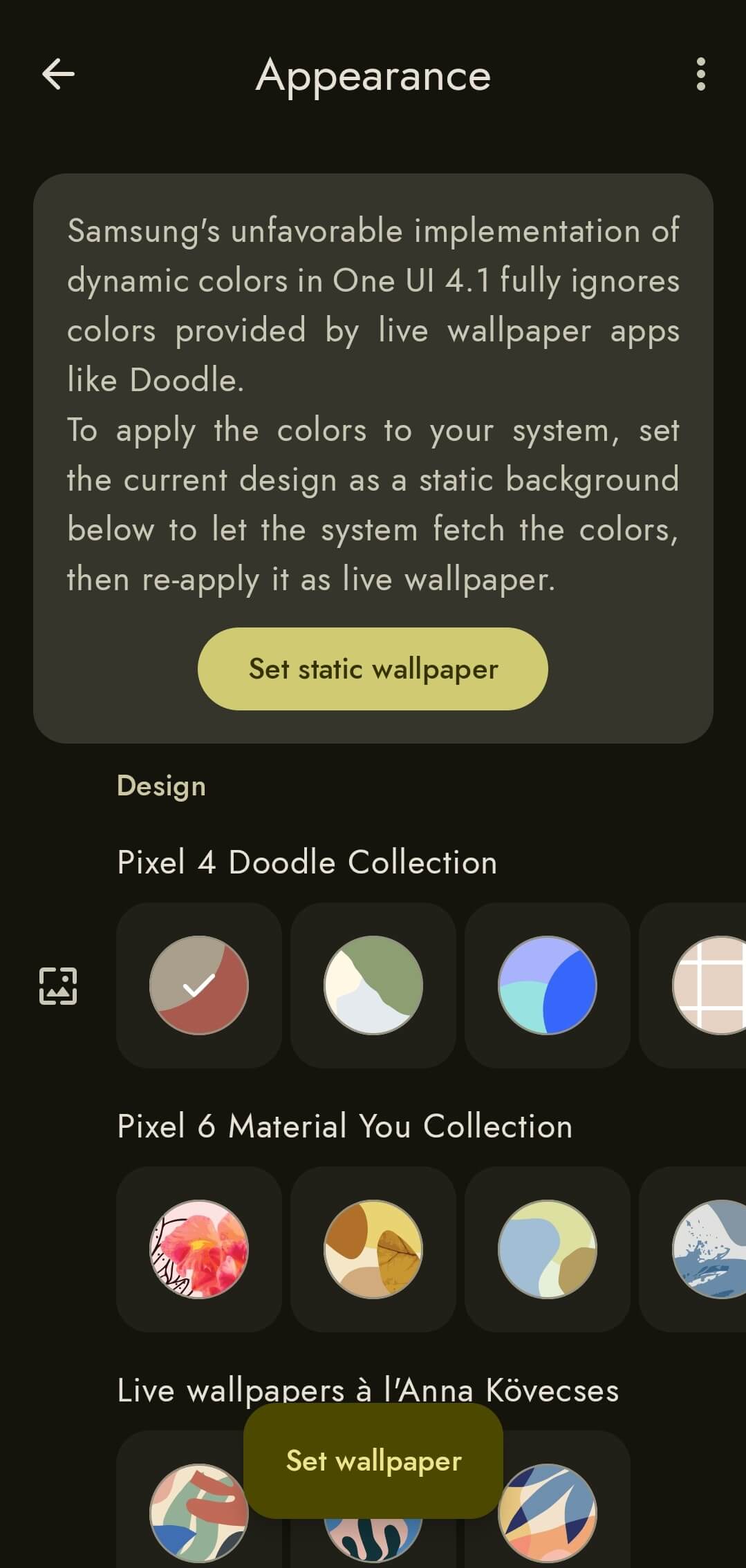
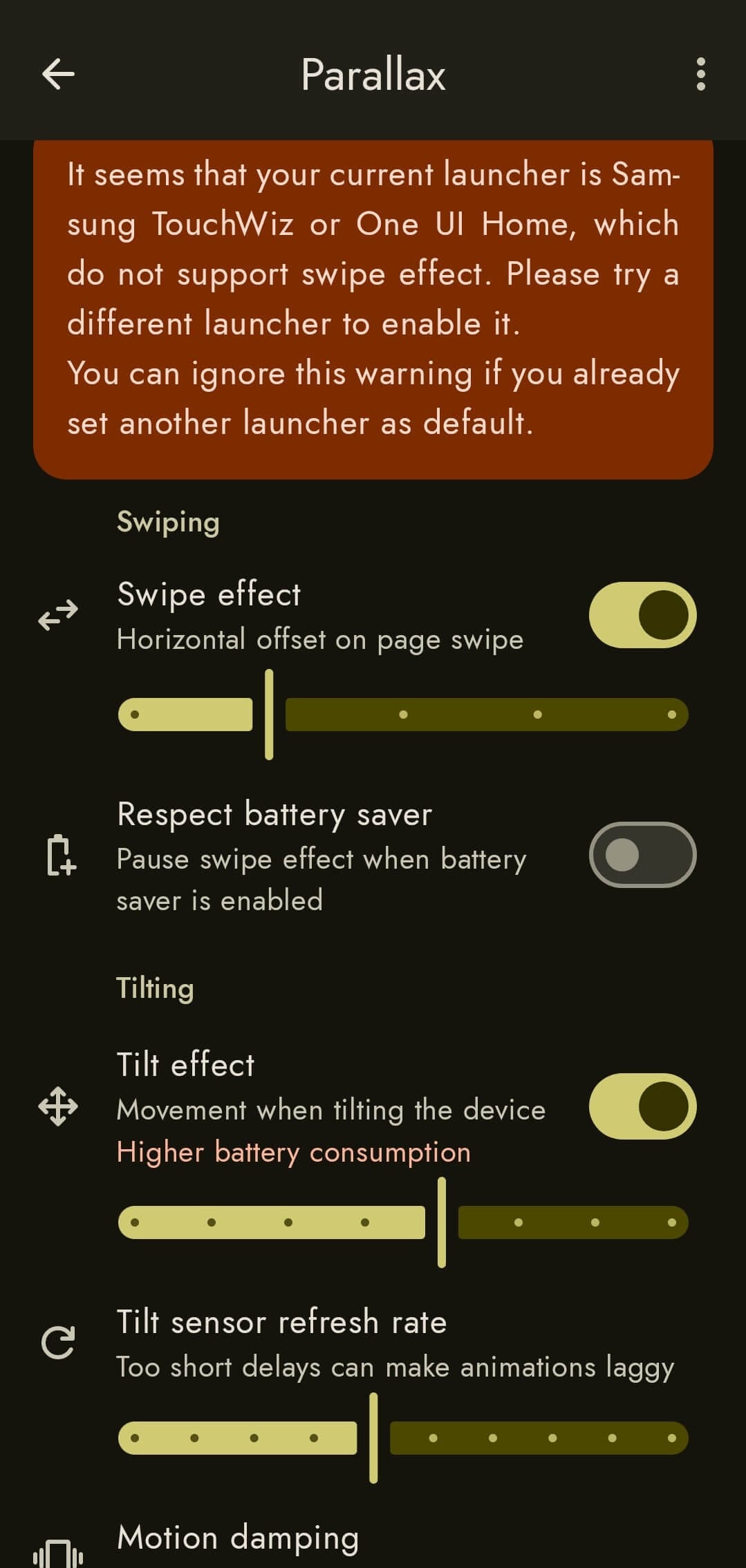
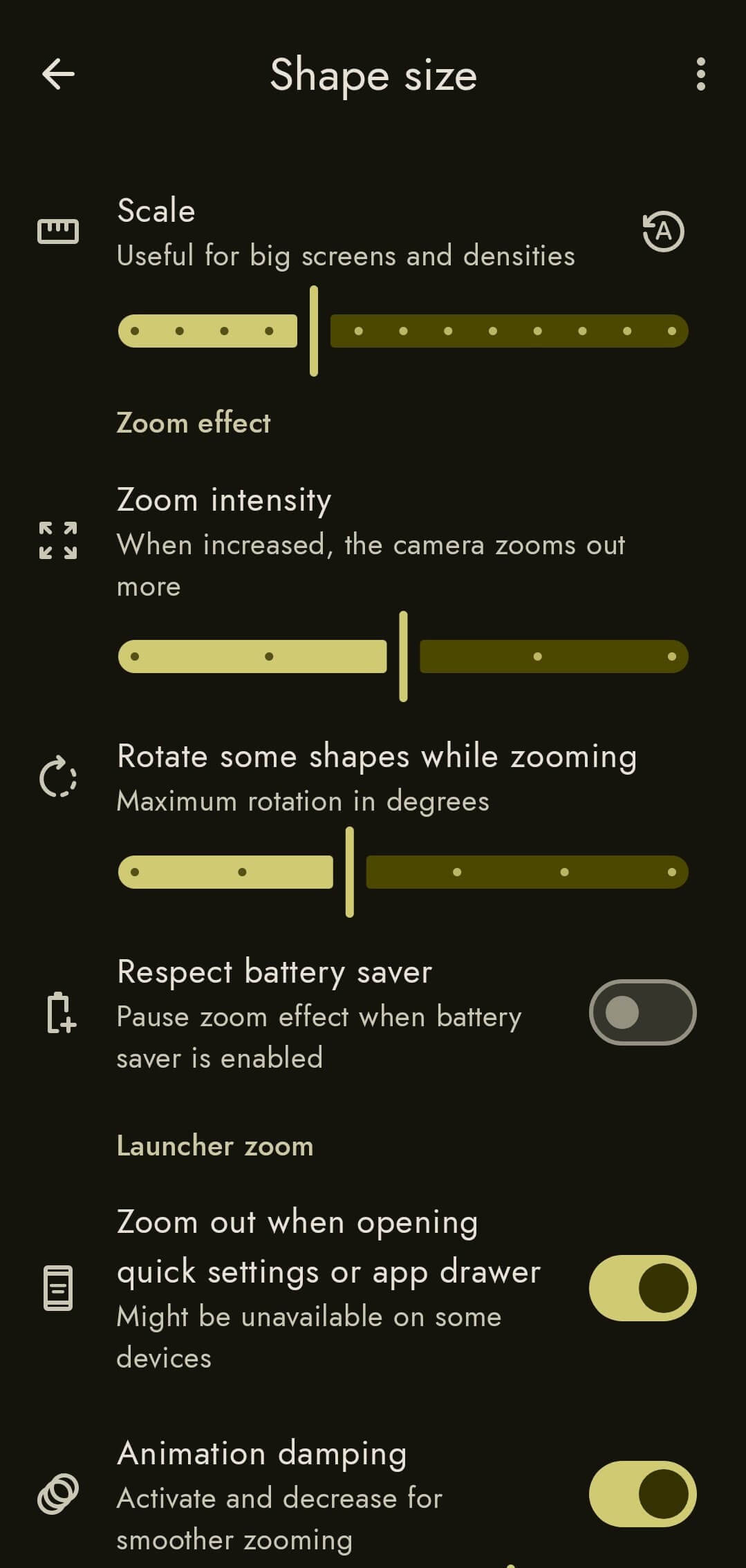


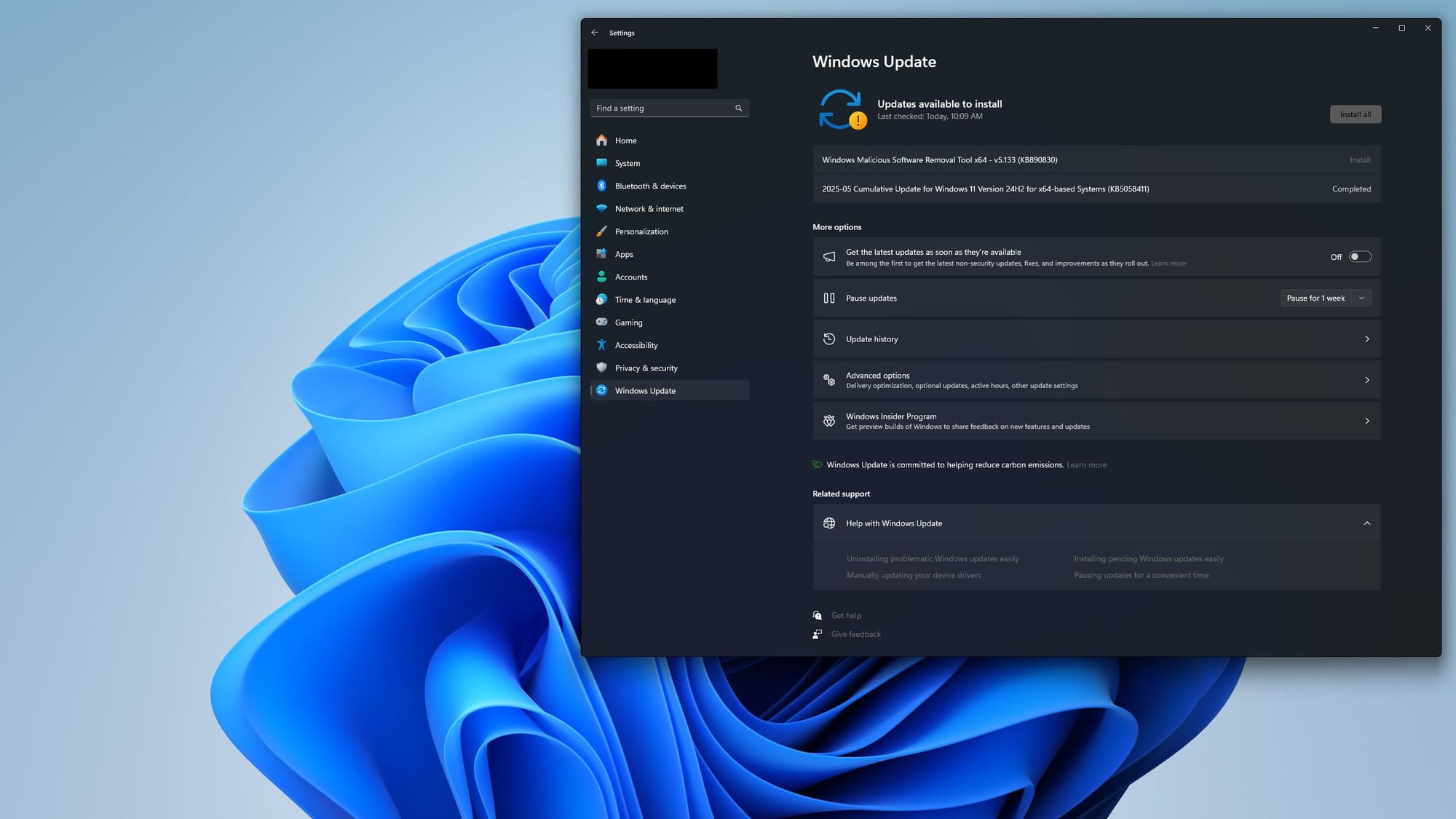 Just a placeholder image of the Windows Update page.
Just a placeholder image of the Windows Update page.






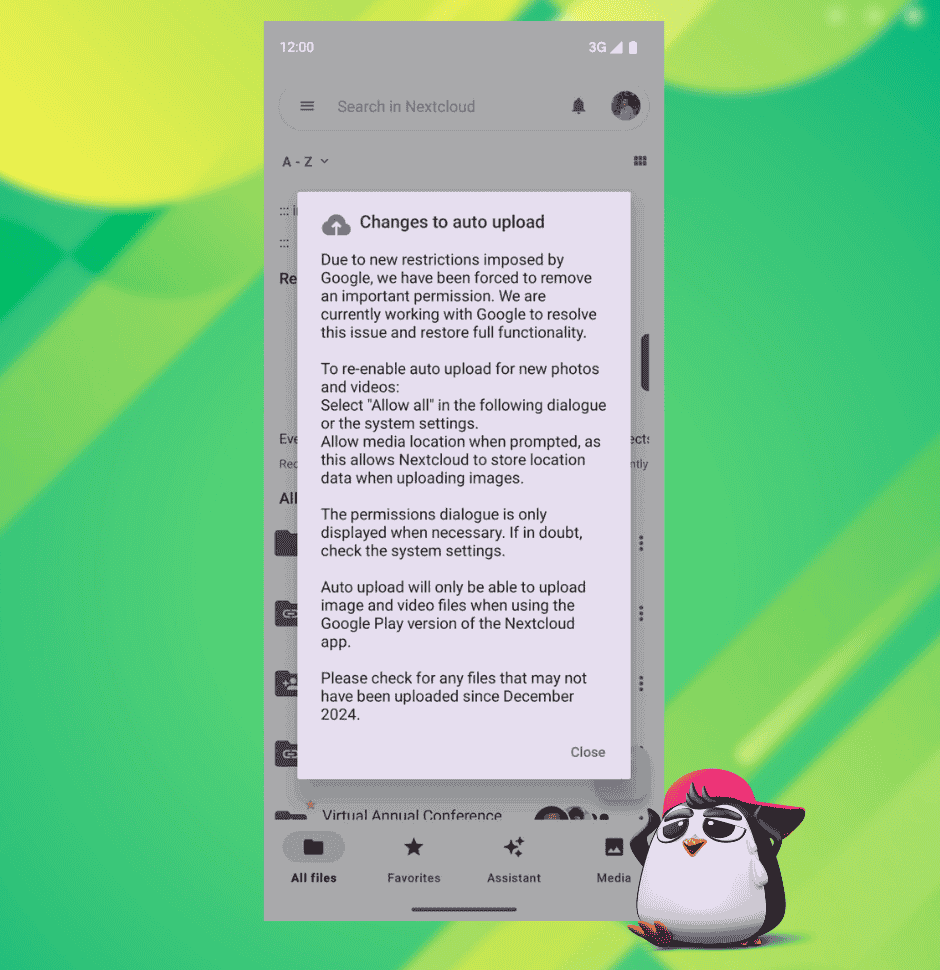 Original pic courtesy of Nextcloud.
Original pic courtesy of Nextcloud.



 Source:
Source: 

 Original video by
Original video by 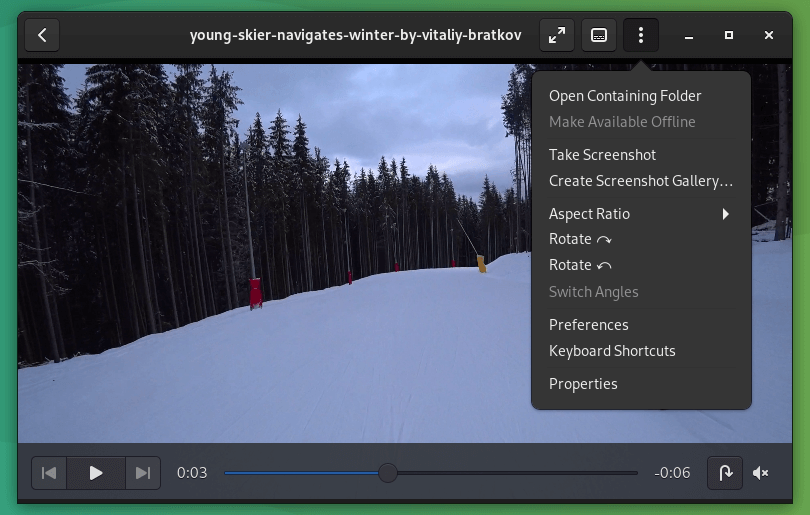
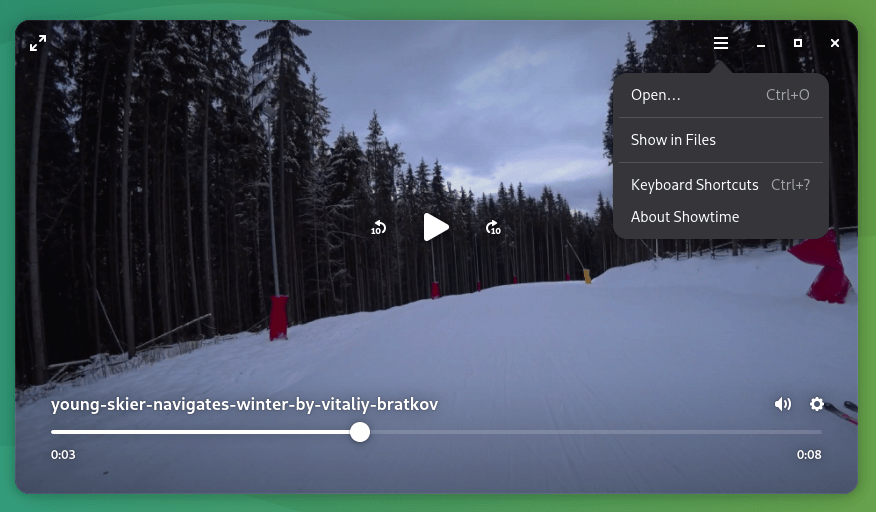

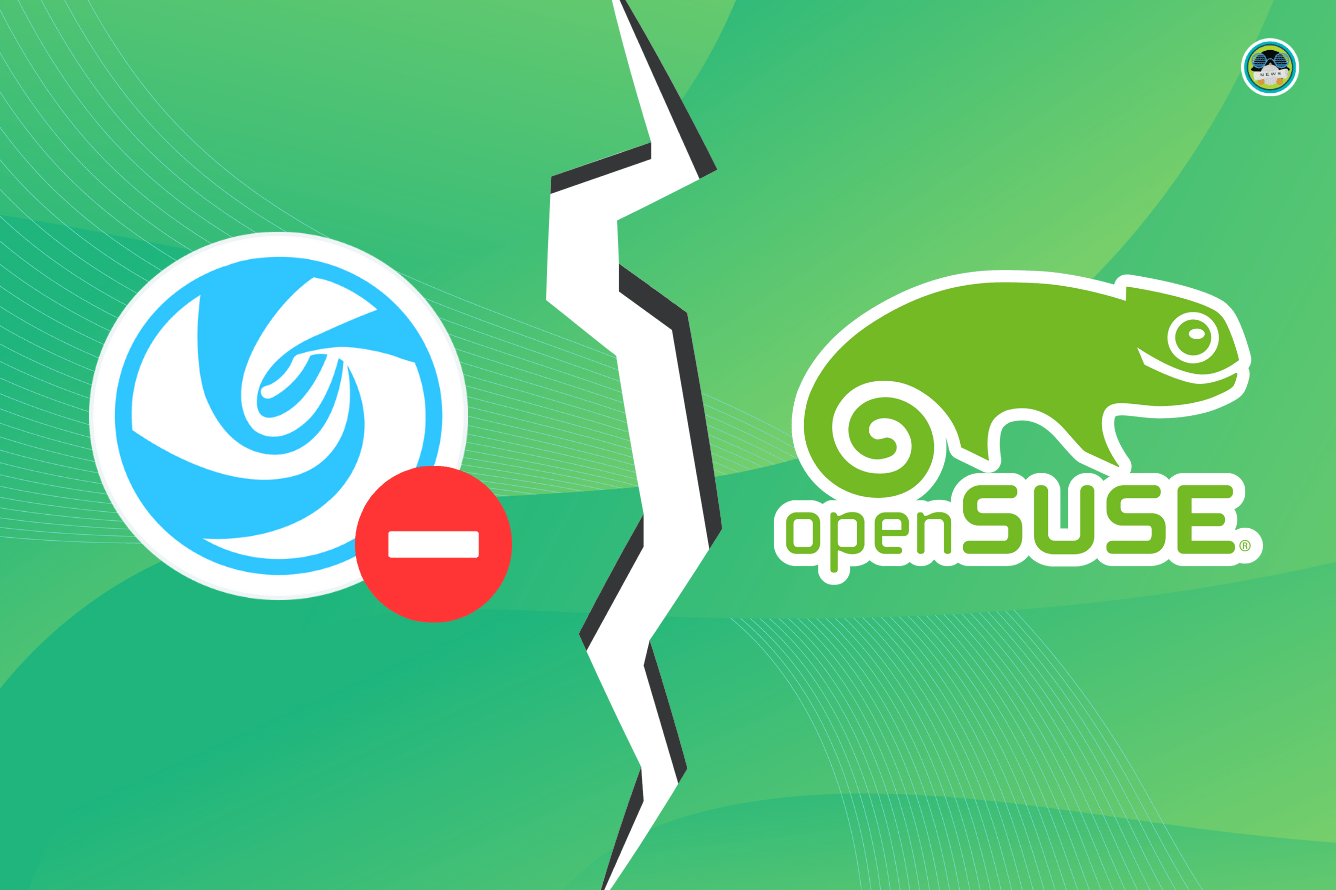
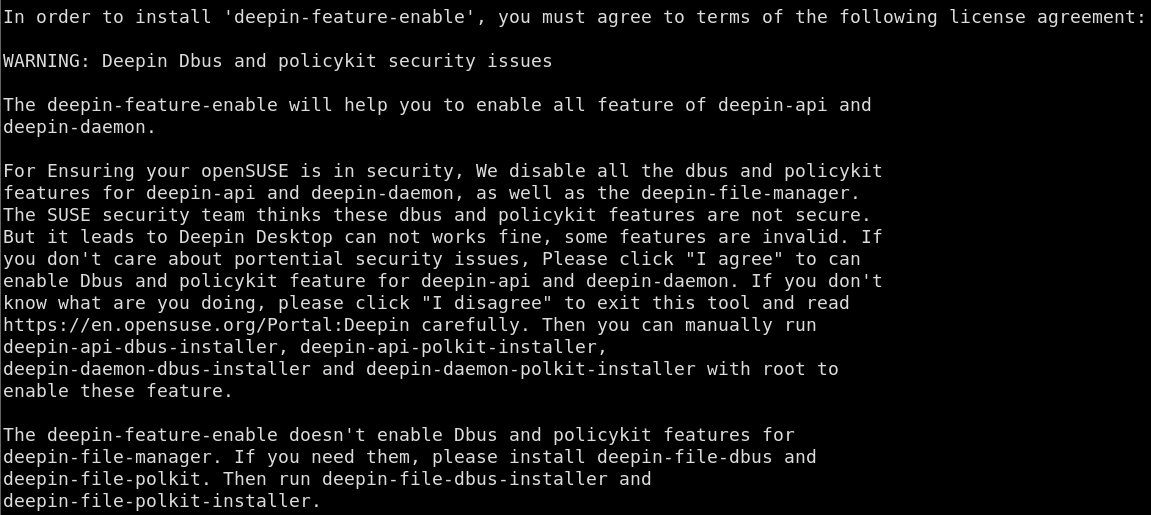 The license agreement in question. (Source: openSUSE)
The license agreement in question. (Source: openSUSE)

 A
A 











